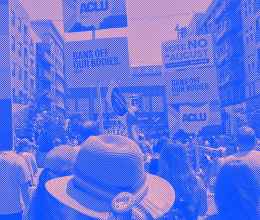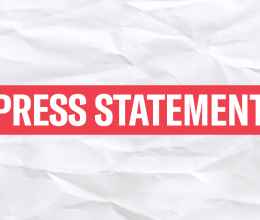It took many decades of lawsuits and court decisions to establish the parameters and boundaries of free speech in this country. As a result, society has reasonably clear guidance on who can speak, when they can speak, where they can speak, and what they can say without running afoul of interference or punishment from their government.
At the same time, Internet use and access has been widespread across the US for at least 20 years; yet, there is a surprising lack of court precedent about how the First Amendment operates with regard to online speech. When it comes to social media, even less so.
One of the most interesting and relevant debates on the intersection of free speech and social media is occurring now as a growing number of elected and government officials turn to platforms like Facebook and Twitter to share information, broadcast opinions, and engage with their constituents and the rest of the world.
Of course, no politician has, ever had, or ever will enjoy a 100% approval rating. So, it should be no surprise that when elected officials turn to social media they are basically inviting some level of pushback from the general public regarding their policies, legislative votes, and political campaigns.
The response by a seemingly growing number of officials is to delete unwelcome or negative comments and to some times block individual users and followers of their official social media accounts. These actions raise important and fundamental free speech questions.
At the core of the First Amendment’s free speech protections is a ban against censorship of opinions simply because some government official doesn’t approve of the opinions or the speaker. Yet, that is exactly what happens when an elected official establishes a social media account then scrubs it of speech they do not like or wish to hide.
Under almost every circumstance in the “real” (i.e. not online) world, these same officials, when acting according to their official duties or conducting government business, are prevented from silencing speech and speakers they dislike. Why should it be any different when the forum is social media? The ACLU of Ohio believes there is no difference worthy of scrapping years of free speech case law in order to protect politicians from online trolls.
That is why we always have, and always will, work to protect free speech from those who wish to silence unpopular opinions. The First Amendment does not discriminate against speakers or speech, and neither should our elected representatives and government officials.








